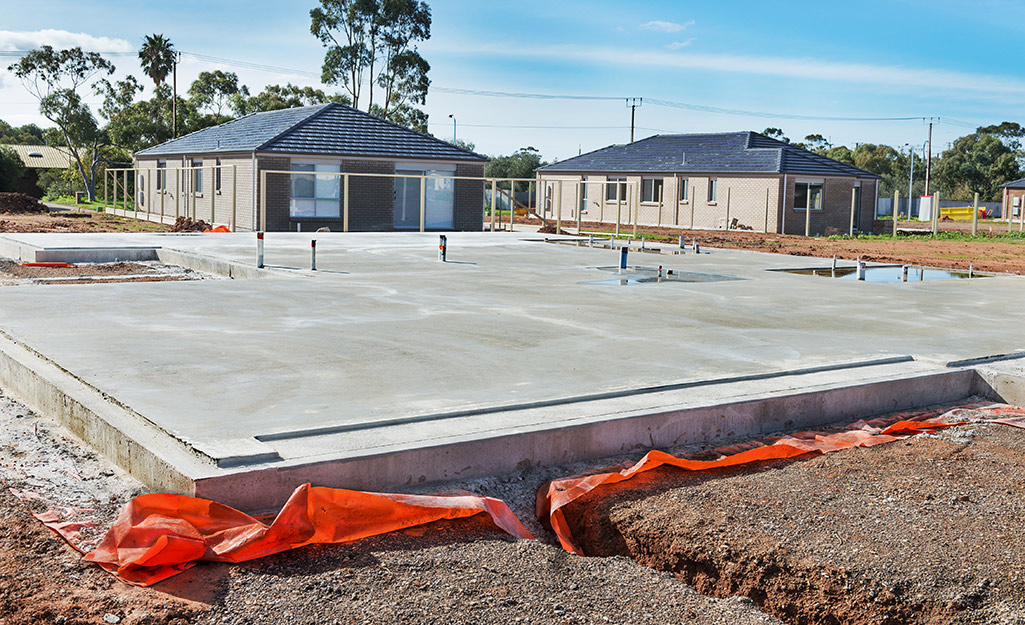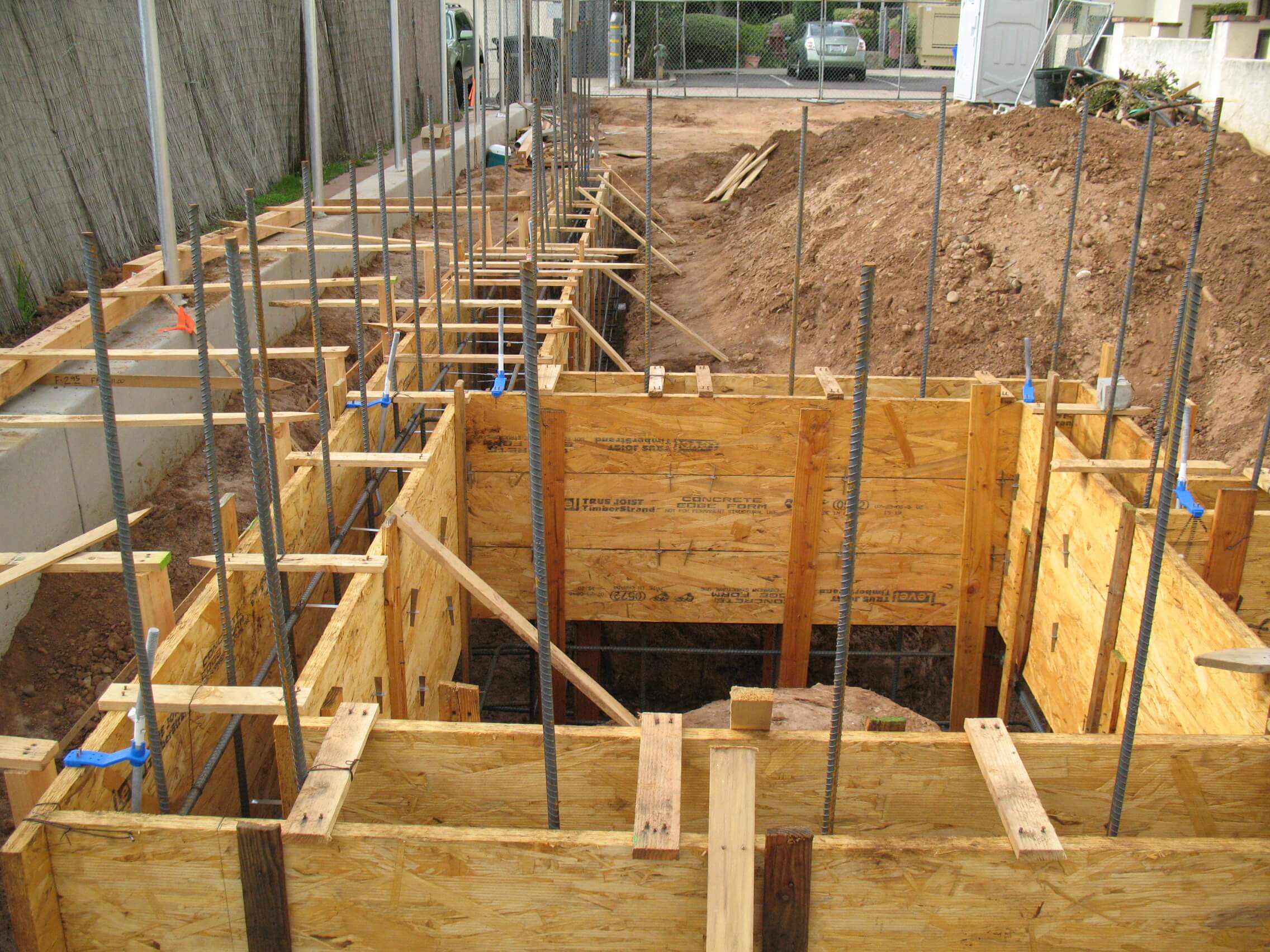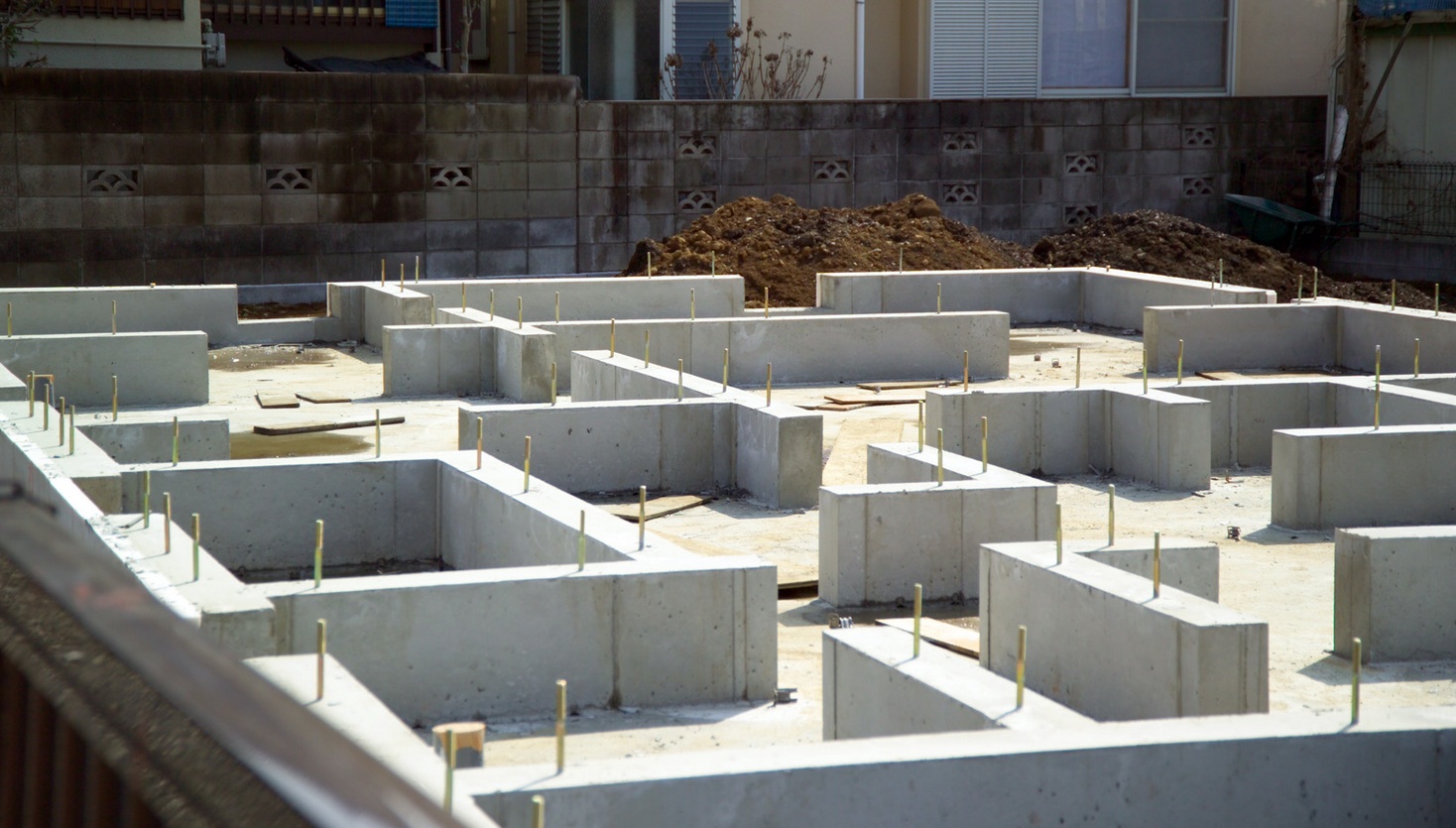Table Of Content

If you keep water away from well-built foundations, most will keep the Big Bad Wolf, and other problems, away for decades. Water causes more damage to foundations and houses than any other issue. Keeping water, including both liquid water and moisture in the air, out of the house is the best thing you can do to avoid foundation problems, and problems elsewhere in the house. A foundation is the base of a home that supports the main structure while protecting against moisture, frost heaves, pests, and more. Without a foundation, a home might start sinking into the ground or be damaged by accumulated rainwater, sleet, ice, insects, rodents, or other pests. Building a good foundation requires a lot more than digging a hole and pouring some concrete into forms.
What Factors Affect the Cost of Foundation Repair?
The cost of living and the complexity of your foundation’s repair impact the cost. Have you noticed that the hairline cracks on your walls seem to be growing, and your doors appear to get a little more stuck every passing year? While it might seem like it’s no big deal, ignoring signs of a foundation problem can lead to costly repairs in the long run. So, buckle up and see how much repairs could cost you so that you can take action before your foundation worsens. The average cost to repair a house foundation is between $2,250 and $8,600, or an average of $5,400.
Raised Foundation With Crawl Space
Unlike other types of foundations, basement foundations can be turned into living spaces or for storage. With some types of house foundations, it’s easy to get in and fix things when they break. For example, you might need to enter a crawlspace to service your home’s plumbing. But in a poured concrete foundation, for example, the pipes might lie under inches of concrete. Some house foundations, especially crawlspace foundations, may have load-bearing components inside the perimeter of the house -piers or columns. Piers are usually made with concrete masonry units (commonly called concrete blocks or cinder blocks).
Local veteran may lose home over cracked foundation, insurance battle - Boston 25 News
Local veteran may lose home over cracked foundation, insurance battle.
Posted: Thu, 11 Jan 2024 08:00:00 GMT [source]
Most Common House Foundation Types To Consider
But they’re also the most expensive foundation option, costing approximately four times more than the price of a concrete slab foundation. Basement foundations are more expensive to build than concrete slab and crawlspace foundations, and they can be prone to water intrusion. A basement provides a large amount of bonus space—to store possessions and locate large items like the furnace and, water heater. If you want to expand your living space, finishing off part of the basement will be less expensive than building an addition.
411 House gets Community Foundation grant Region kdhnews.com - The Killeen Daily Herald
411 House gets Community Foundation grant Region kdhnews.com.
Posted: Tue, 23 Apr 2024 05:34:00 GMT [source]
Some types of soil are more stable than others, and ideally, your house is built on the right foundation type for the soil it’s in. However, foundations built on expansive clay or poorly draining soil could experience more severe settlement. If you find yourself dealing with these soil types, your foundation may require extensive repairs. Also, if you live in a location with a soil type that shifts or is prone to flooding, you may need a new drainage system and grading and leveling work. Also called piering, underpinning a foundation costs between $12,000 and $52,500.
One vignette was designed by the Historic Charleston Foundation, in the slave quarters behind the home. Staff provided photos, artifacts and information on the enslaved Africans who maintained the house and property while the Aiken family lived there. Joe Demarest, with Historic Charleston Foundation, visits the Aiken-Rhett House to see the designer vignettes decorating the historic house during The Charleston Festival on March 15, 2024.
Foundation Replacement Cost
The foundation currently maintains headquarters in downtown New Haven, but wants to move its small staff to the Madison property. In February of last year, it paid about $924,000 for the house and surrounding 6.2-acre property, according to town records. Over the course of its run, they’ll benefit from educational workshops, personal and professional mentorship and coaching, and a series of industry meetings with key stakeholders. The Kremers have two children and had been living in Franklin, where they have family close by to help, according to the foundation's website. Our guide explores mold removal methods for different materials and mold prevention techniques.
The severity of your foundation’s condition can make or break the budget. For example, if you have a small leak in your foundation, then you might be able to repair it before it causes any issues. But, if you don’t discover a leak until it becomes a major problem, you could spend between $1,300 to $5,600 on water damage reparation costs. On average, the cost to reinforce your foundation is between $4,300 and $13,000. If your home has bowed walls, you may need to invest in carbon fiber or steel reinforcements to help support the framework of your house. You can save money by choosing carbon fiber instead of steel reinforcement materials.
Discussing the options for your home with your contractor is the best place to start to ensure that what you have in mind can be done. Before delving into the different types of home foundations, there are some requirements that apply to all foundations, from the smallest garden shed to the largest sprawling villa. Foundation repair costs typically range from $2,160 to $7,790, but homeowners will pay around $5,000 on average. The primary function of a foundation is to evenly distribute the entire weight of a building or home across a broader surface area. Foundations also prevent uneven settling and provide structural stability. The answer to this question hinges on many factors, including your local climate, financial considerations, and lot features.

However, if there is substantial damage, the average cost is about $2,700. More intricate projects requiring digging, helical piers, or major mudjacking could cost $6,800+. Poured concrete foundations are designed to last for a long time, as long as they are built properly and well-maintained. With proper care and maintenance, a poured concrete foundation can last for decades.

You can fix cracks and leaks with epoxy, concrete, or waterproof materials and improve drainage by installing drains. You can address house leveling and bowing walls depending on the severity and soil type. Cracks are one of the most common issues with home foundations and are caused by the building settling or the soil around the foundation putting pressure on it. Cracks in the foundation or changes in soil pressure can cause water damage or bowing walls. Changing weather patterns, erosion, or even nearby tree roots can cause a foundation to begin to sink.
Lot grading can also impact your ability to have a specific foundation build. You might want a daylight basement, but if the lot isn’t graded just so — or if you don’t have modifications in your budget — you might only be able to choose a traditional basement. For manufactured home installations, a different type of pier and beam foundation is useful (and often affordable).
Grading prepares the site for the foundation by shaping and smoothing the ground to create a level surface. With grading, the foundation will be properly supported and water will drain away from the foundation. Cinder block foundations, also known as concrete block foundations, are made from blocks of concrete that are stacked and cemented together to form the walls of the foundation.
The cost may be higher during the peak construction season or lower during the off-season, which is usually in the winter months. The cost of a basement foundation can range from $30 to $100 per square foot. ICFs are easy to install, and they’re actually stronger than traditional poured concrete walls. Also, they’re excellent insulators, retaining heat in the winter and keeping cool in the summer. The foam also can act as a vapor barrier, preventing moisture from penetrating the masonry walls. Insulated concrete forms, or ICFs, are a modern approach to foundation building.

No comments:
Post a Comment